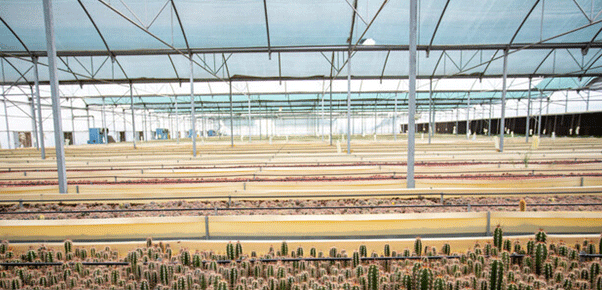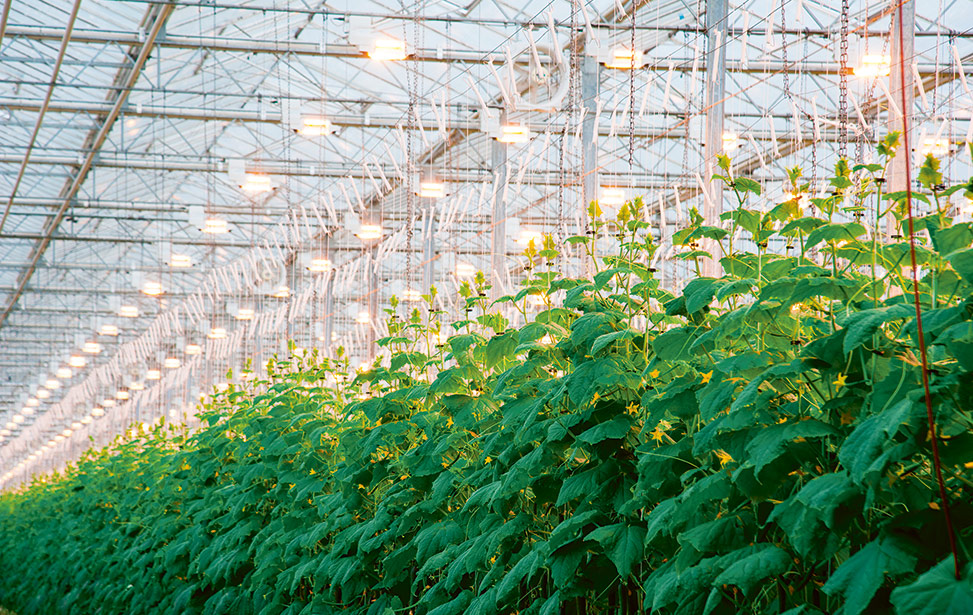Zanjan province has established itself as a major greenhouse hub in northwestern Iran. This shift is largely driven by the need to conserve water and protect crops from natural disasters. As groundwater levels continue to decline and farmers face increasing challenges with open-field farming, greenhouses offer a promising solution. Ruhollah Hassani, the head of Zanjan’s Agricultural Jihad Organization, highlighted the importance of this transition during the opening of the Nasirabad Khorramdareh greenhouse, coinciding with Agriculture Jihad Week.
The Strategic Shift to Greenhouses
The adoption of greenhouse farming in Zanjan is a strategic move aimed at addressing the severe water scarcity issues plaguing the region. Greenhouses allow for controlled environment agriculture (CEA), which optimizes water use and increases crop resilience against adverse weather conditions. Hassani noted that this approach is now a core component of the province’s agricultural strategy.
Recent Developments and Achievements
One of the latest milestones is the inauguration of a new greenhouse unit in Nasirabad Khorramdareh, covering an area of 4,020 square meters and producing 88 tons of crops annually. This development is part of a broader initiative to expand greenhouse farming across Zanjan, making it a critical player in Iran’s northwestern agricultural sector.
Water Conservation and Economic Efficiency
Greenhouse farming is particularly beneficial in water-scarce regions like Zanjan. By reducing the area needed for cultivation while boosting production levels, greenhouses enhance water use efficiency and offer better economic returns for farmers. This method aligns with national efforts to address water shortages and improve agricultural sustainability.
Government Support and Agricultural Productivity
The Iranian government has been actively supporting the development of greenhouses through various incentives and programs. These initiatives aim to increase productivity, ensure food security, and promote sustainable farming practices. The benefits of greenhouse farming, including higher yields and better quality produce, have made it a focal point of agricultural policies.
The Role of Greenhouses in Future Agricultural Strategies
As Iran continues to face environmental and economic challenges, the expansion of greenhouse farming will likely play a crucial role in the country’s agricultural future. Greenhouses not only mitigate the impacts of climate change but also contribute to the stability and growth of the agricultural sector.
Zanjan’s emergence as a greenhouse hub underscores the importance of innovative agricultural practices in addressing environmental and resource challenges. By prioritizing greenhouse farming, the province is paving the way for a more sustainable and productive agricultural future. Continued support and investment in this sector are essential to maintain and enhance its role in Iran’s agricultural landscape.










